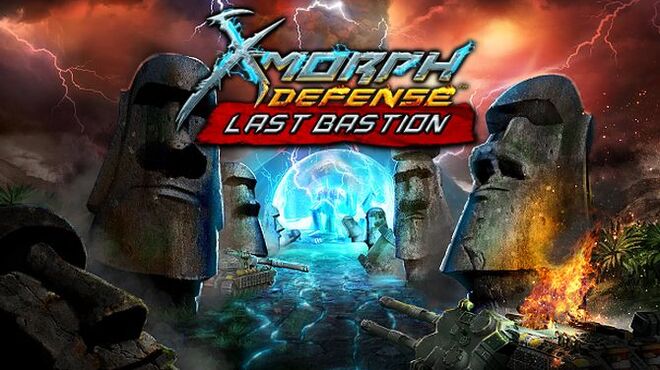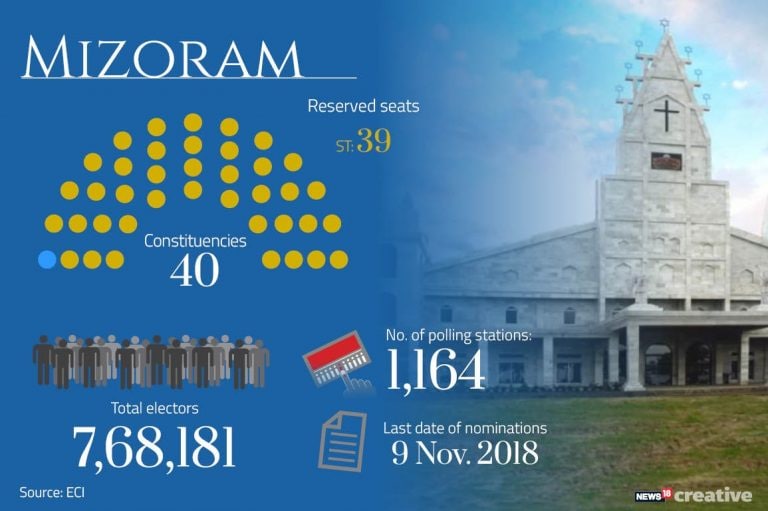

Bastions are built at an angle to the line of a wall in a fortification, to allow defensive fire in several directions, thereby repelling attacking forces and protecting those inside the stronghold, who may be under siege (MacMillan Dictionary, n.d.). In this paper, we explore the wicked problems ( Rittel & Webber, 1973), that the traditions of stasis endemic and ever-present in the university sector ( Mandviwalla & Schuff, 2014), are creating the future for the Higher Education world.Īt a time of continuing environmental turmoil and the demolishing of many traditional supportive collaborations, we would like to consider and reflect on the term Bastion. Keywords: Forces for change, digitalization, learning futures, transformation, Higher Education (HE)



So schauen wir voraus, welche Gelegenheiten sich für Universitäten ergeben, wenn sie sich Veränderungen stellen und mit Traditionen brechen, um sich in der online Welt wieder zu finden mit ihren Vorteilen für Lehrende, Lernende und Mitarbeitende. Wir untersuchen die auf Gefahren gerichteten Abschottungen in den Hochschulen gegen die mächtigen Herausfordungen für Veränderungen und setzen uns damit auseinander, wie Lernen zukunftsweisend gefördert werden kann. In enger Verbindung mit den allgemeinen Veränderungen in den Hochschulsystemen im Vereinigten Königreich und in der Europäischen Union stellt sich die Frage nach Erschütterungen und den Wandlungen, denen offene Lernsysteme und Fernstudium unterliegen angesichts neuer online und digitaler Lehr- und Lernangebote mit den damit verbundenen neuen viel versprechenden Realitäten. We challenge universities to develop the capability and capacity for true transformation.ĭer Aufsatz setzt sich kritisch auseinander mit neueren Forschungsergebnissen und Interpretationen und schließt in die Betrachtung auch „graue” Literatur ein, die sich auf die Veränderungsprozesse in den Hochschulen beziehen, besonders an einem Wendepunkt mit den damit verbundenen Unsicherheiten, die sich für das britische Hochschulsystem in seiner Beziehung zum kontinentaleuropäischen abzeichnen. We suggest ways of engaging with the future before it happens. In short, the demands of future prospective beneficiaries and HE’s ability to innovate are currently mismatched. The problems are of culture and capital – of the capacity to transform and capability to see the future and act upon it. Our thesis is that innovating in universities is not a lack of creativity or great ideas, or even a lack of will. We anticipate opportunities for universities to reimagine and adopt their roles in changing environments and to make challenging, developing and disruptive contributions to the online world and to offer advantage, benefit and foresight to their students and staff. We explore ways in which learning with and from the future can be encouraged.
THE LAST BASTION 2018 DRIVERS
We explore the wicked problem of defence and stasis in the university sector despite the huge drivers for change. Juxtaposed on the changes in the UK and European political and educational ecologies, is the turbulence of the morphing of Open and Distance Learning into the much higher profile Online and Digital Education, and its place and contribution to achieving preferred and viable futures in the world. We include more formal research-based and “grey” literature around transformation in education – at a watershed moment of challenge, change and turmoil – for the UK Higher Education sector and its relationship with Europe. We offer a review of recent research and opinions. Distance and e-Learning Policy and Development – The Role of e-Learning and Distance Education in the Modernisation Process of Economies, Societies and Education Systemsīy Professor Gilly Salmon, Australia, Academic Director OES (UK), Swinburne University of Technology, Melbourne, Australia and Dr Tya Asgari, University of Liverpool, UK


 0 kommentar(er)
0 kommentar(er)
